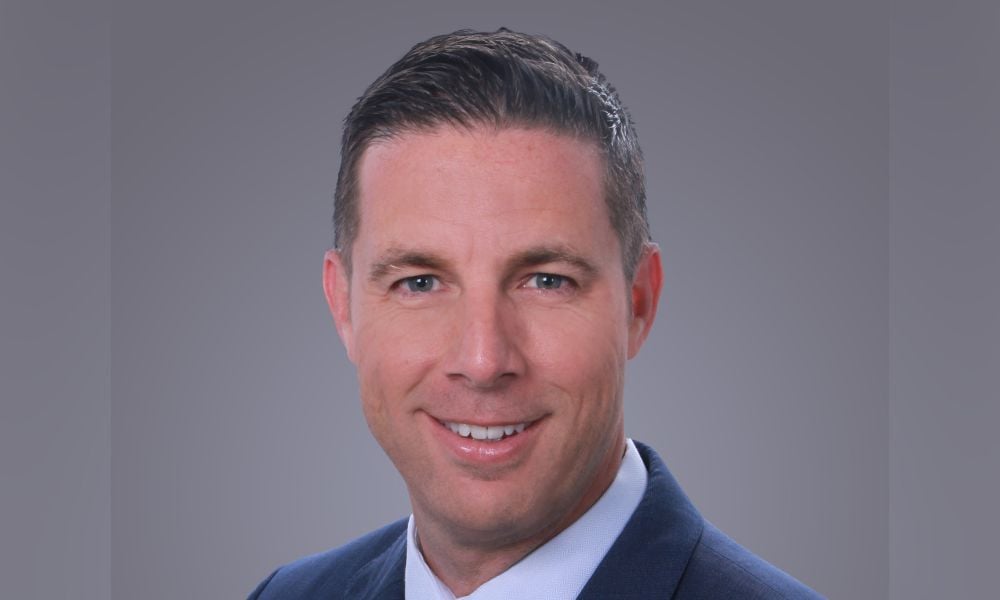

It’s something financial advisors know very well: We are on the cusp of a wealth transfer reaching tens of trillions of dollars – and building relationships well in advance of inheritances is critical for retaining assets.
But the cards appear to be stacked against them. Data from a survey published today by Equitable show that only a third of millennials and Gen Xers who expect to inherit considerable assets plan to stay with the same advisor. And it’s not that they are against financial advice – 81 percent said they plan to work with an advisor.
“That data should get everybody’s attention,” said Steve Scanlon, head of individual retirement at Equitable. “To me it’s building that relationship now. Talking about what you’re doing for the family … and building that trust.”
Trust is a big factor, particularly among women and millennials who stand to inherit $100,000 or more, according to Equitable. Fifty-five percent of the 500 total respondents said that trust is the most important aspect of hiring a particular advisor.
The survey was conducted in June and July by WSJ Intelligence for Equitable and it included people ages 35 to 64 with household income above $100,000, net worth of $100,000 or more, and expectations of receiving at least $100,000 in inheritance.
While 88 percent said that what they value most in an advisor is an understanding of financial goals and risk tolerance, nearly as many, 85 percent, said that advisors should understand their lives beyond finances.
“The great ones are talking about asset management and hopes and dreams, so you’re not just surviving retirement – you’re thriving in it,” Scanlon said.
For advisors, there is a lot at stake, and a lot of opportunity. About half of the respondents, and 57 percent of millennials, said they anticipate receiving $1 million or more in inheritances – money that they will need help managing. That figure was slightly lower, at 34 percent, for pre-retiree women, according to the report.
“We’ve been talking about this for a long time, this ‘peak 65.’ And now it’s here,” Scanlon said, of the wave of baby boomers reaching the traditional retirement age.
Of course, that is also affecting the financial advice business, with many firm owners nearing retirement. It is helpful that some of the firms are family businesses, Scanlon said. That could help improve the odds that younger investors who don’t currently work with the advisors their parents do end up hiring the same firm in the future.
A separate finding of the survey is that asset protection in the form of an annuity is appealing to the majority of respondents. That was particularly true for women across age groups, as well as for millennials as a whole, Scanlon said.
A common worry among millennials was the future of the Social Security system, he noted.
“We really believe that people want to grow, manage, and protect their wealth.”

After a two-year period of inversion, the muni yield curve is back in a more natural position – and poised to create opportunities for long-term investors.

Meanwhile, an experienced Connecticut advisor has cut ties with Edelman Financial Engines, and Raymond James' independent division welcomes a Washington-based duo.

Osaic has now paid $17.2 million to settle claims involving former clients of Jim Walesa.

Oregon-based Eagle Wealth Management and Idaho-based West Oak Capital give Mercer 11 acquisitions in 2025, matching last year's total. “We think there's a great opportunity in the Pacific Northwest,” Mercer's Martine Lellis told InvestmentNews.

Osaic-owned CW Advisors has added more than $500 million to reach $14.5 billion in AUM, while Apella's latest deal brings more than $1 billion in new client assets.
Orion's Tom Wilson on delivering coordinated, high-touch service in a world where returns alone no longer set you apart.
Barely a decade old, registered index-linked annuities have quickly surged in popularity, thanks to their unique blend of protection and growth potential—an appealing option for investors looking to chart a steadier course through today's choppy market waters, says Myles Lambert, Brighthouse Financial.
